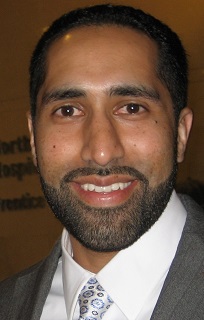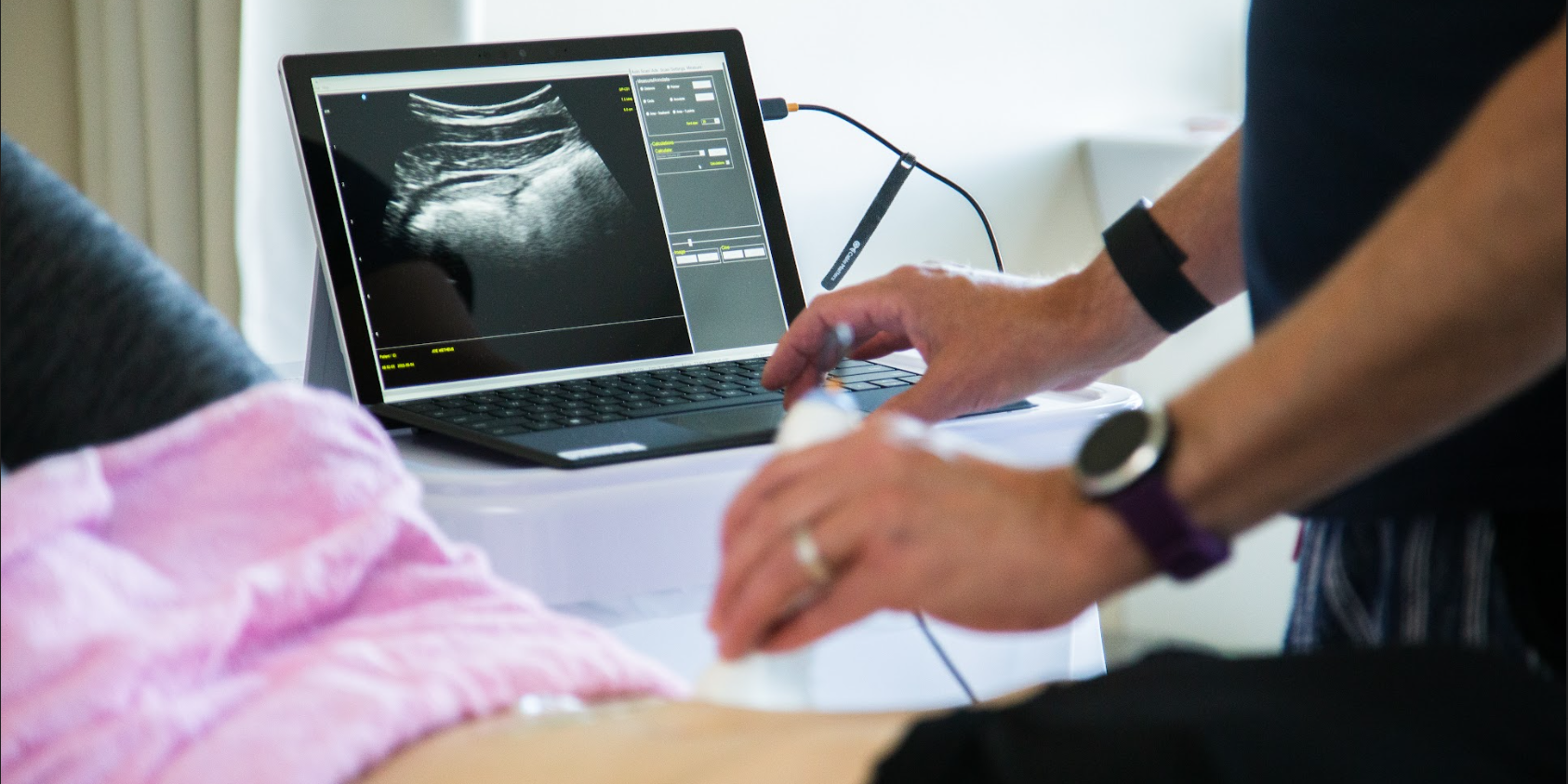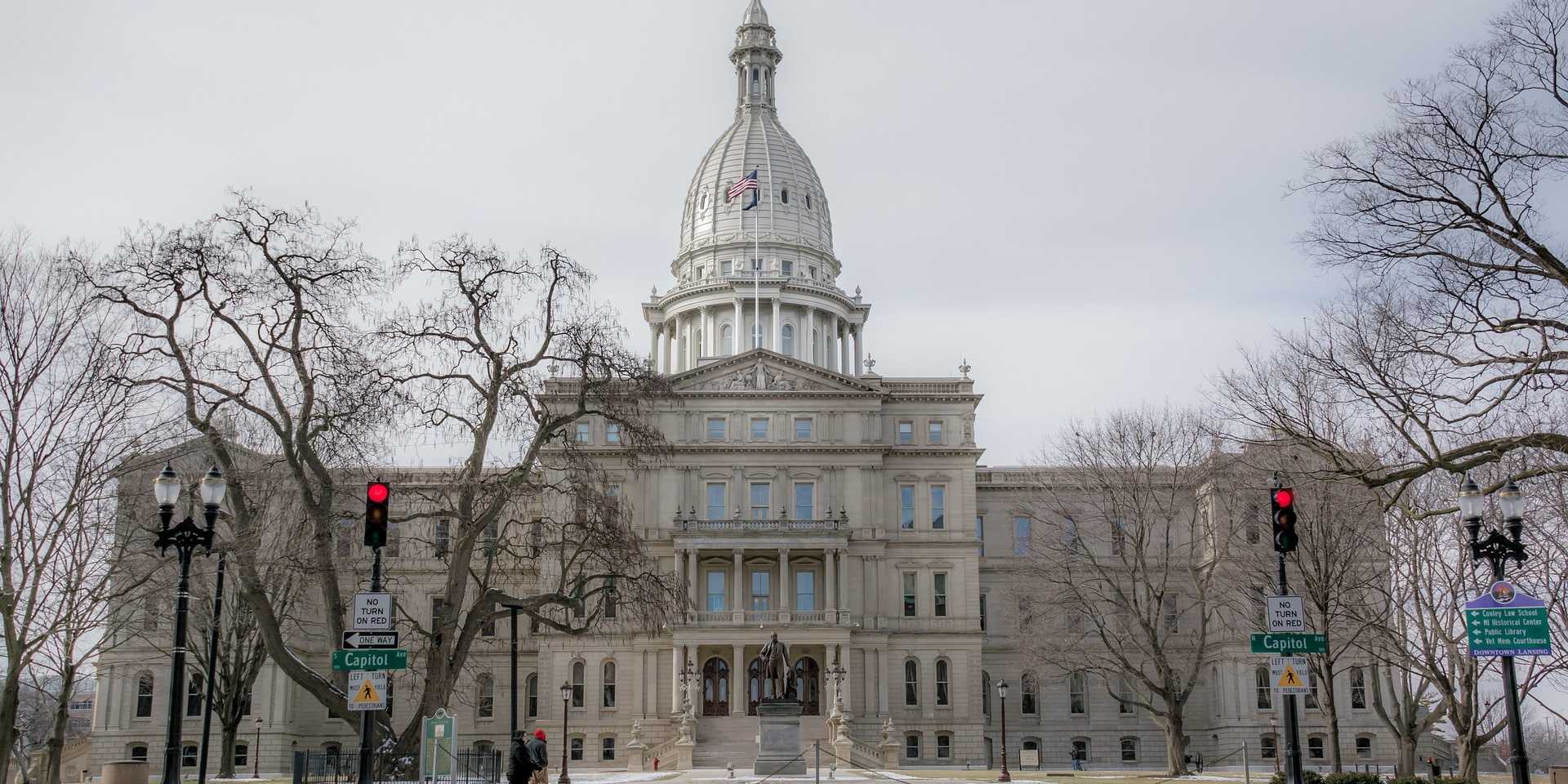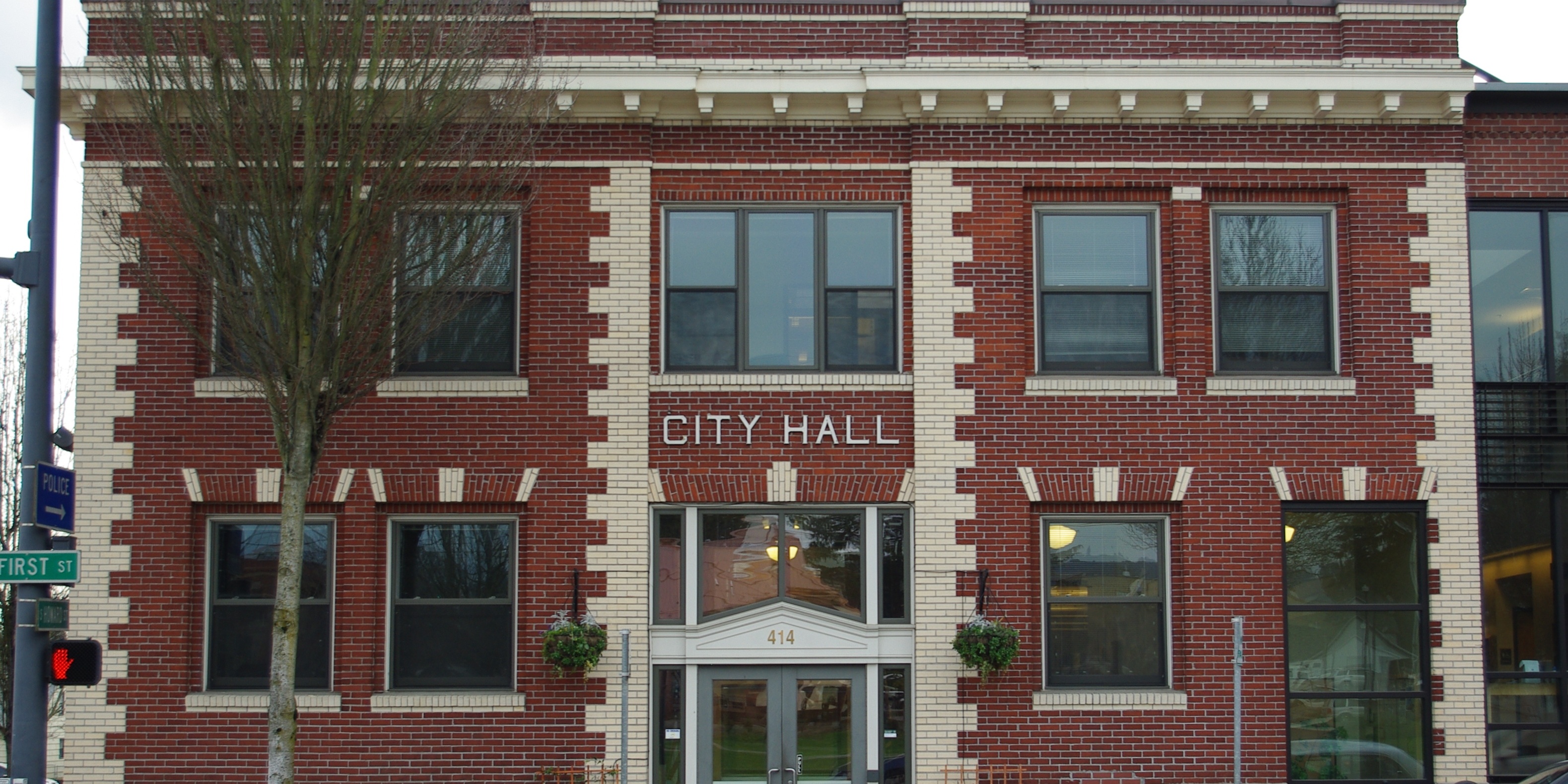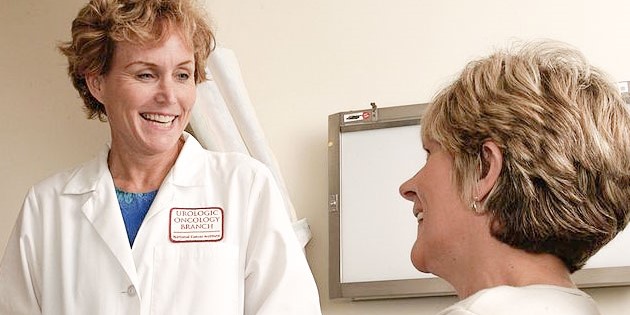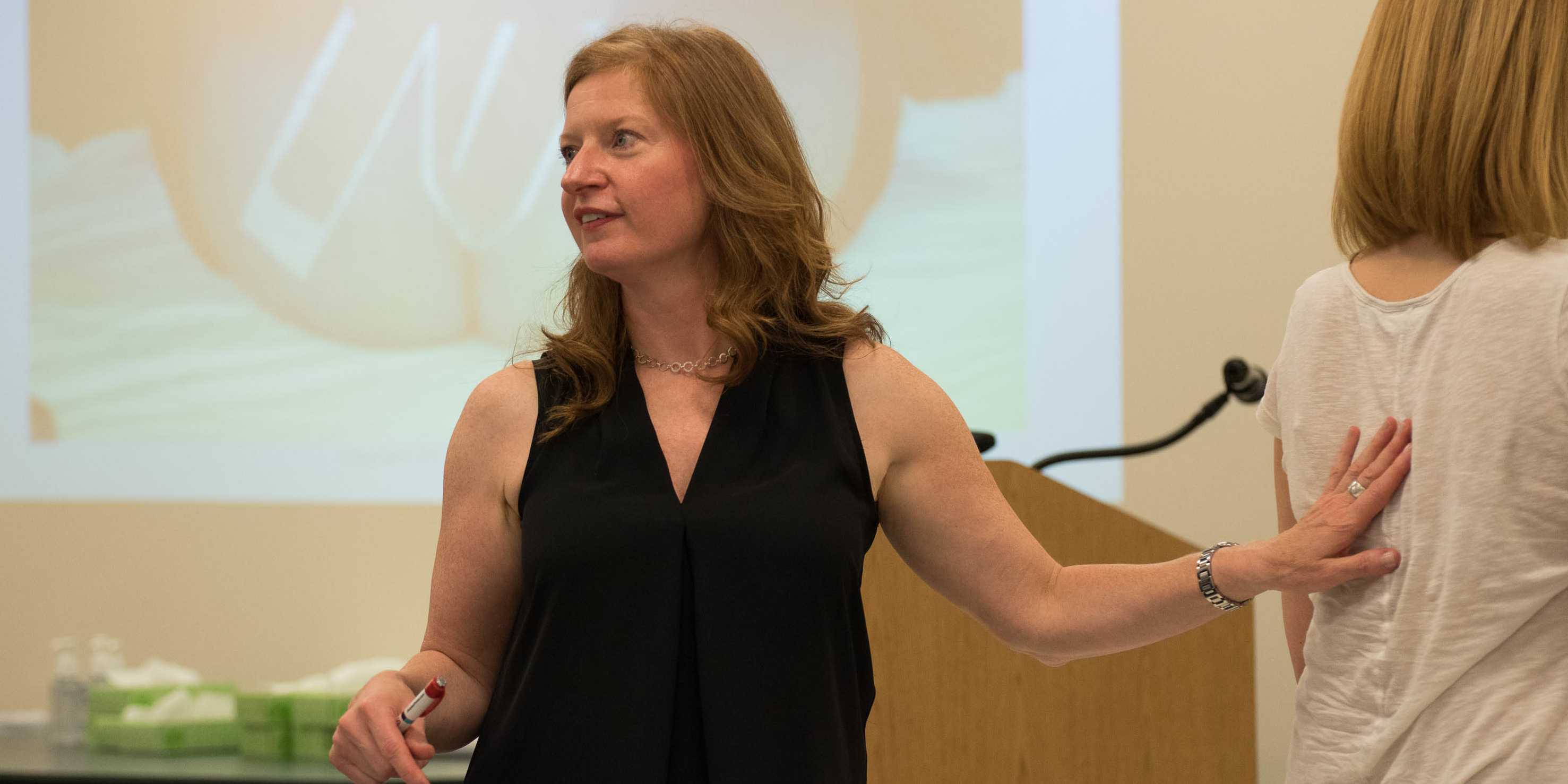Hey Doc, Why Do You Meditate?
This post was written by H&W instructors Nari Clemons, PT and Dr. Shawn Sidhu, MD, psychiatrist. Nari and Shawn will be instructing the course that they wrote on "Meditation and Pain Neuroscience" in Illinois this September.
We caught up with Dr. Shawn Sidhu, MD, psychiatrist on why he thinks it is good for himself and his patients to have a meditation practice.
Why, as a physician and father, do you meditate?
Meditation can do a lot of things for different people. Some people say that it helps them to stay grounded. Others comment that it helps them to focus and organize their mind. I’ve also heard that people feel more in touch with their emotions and their thoughts when they’ve been meditating regularly, even for brief periods of time. While I feel that all of the above are certainly benefits of meditation that I have experienced, the single greatest thing that meditation does for me is to help increase my level of awareness as it pertains to my surroundings. In other words, when I am able to meditate, my observational skills improve significantly. This is incredibly important for a Child and Adolescent Psychiatrist. Those of us who work in mental health must first observe our patients, and really see them clearly through multiple layers if we are going to have any chance of helping them and getting to the root causes of their suffering. Only after observing clearly and effectively can we begin to think about treatment. On days when I don’t meditate and I’m not as in touch with my inner self, I lose a great deal of awareness of the outside world as well. My patients notice it, too, and will comment that I am not as in tune with them or not as engaged on days when I do not meditate. So in a sense meditation sets a great foundation from which I can really reach patients and their families in a meaningful way.
As a father, the benefit is slightly different. While having awareness and observational skills is incredibly important with both our children and our spouses, I feel that really being grounded and present with my family is the most important goal for me. Many of us have likely experienced what it feels like to rush home from work, possibly eating and listening to the radio while we drive or fueling with even more caffeine as we burst through the door at home while simultaneously being on our cell phones. At times, when our minds are distractible and having great difficulty being in the presence, being around our spouses and children can seem like a nuisance because it doesn’t allow us to get through our mental checklist. And yet, in our elderly years when we’re looking back on our lives, will the checklists be what we remember? For most of us the answer is no, and yet it can be really hard to pull ourselves away from the busy demands of life and focus on our families. Meditation is a great tool to use to help us transition from one task to another smoothly.
In our course, Meditation and Pain Neuroscience, we give participants practical, hands on, meditation techniques to apply in clinic with an understanding of how and when to use them. It’s a very practical course, with an interactive versus didactic focus, so that participants are fully empowered to use techniques when they return to the clinic.
By accepting you will be accessing a service provided by a third-party external to https://hermanwallace.com/

